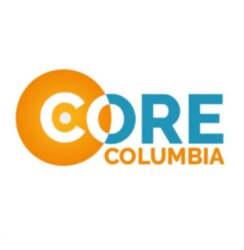Are you self-employed? It is best practice to estimate your self-employment income and expenses for the year based on past earned income, expenses, industry standards and other information. If you filed a federal tax return last year, you could use the Adjusted Gross Income you reported, deduct self-employment expenses, then add or subtract based on how you think your income may change for the current year.
As always, if you have any questions, do not hesitate to give us a call at 206-258-6820. We are always here for you with free assistance.
If you are trying to report self-employment income based on prior year taxes:
Adjusted Gross Income – Expenses from Prior Year +/- Anticipated Changes = Current Year Self Employment Income
You should update your estimated annual net income when your business circumstances change. If your earnings are lower, you may be eligible for higher tax credits and Cost Sharing reductions. If your earnings are higher than you reported on your Washington Healthplanfinder application, you could have to pay back some or all of the tax credits you took during the year.
You may report that you are self-employed, and may or may not receive a “wage” or pay stub. Only do this if you do not receive a paycheck from your business (income from a corporation is reported as “earned income”.) Additionally, if you receive dividends from your corporation, this would be considered “other” income.
When you are truly self-employed, follow the guidelines below for how income should be reported. You can report all earned income (through your business), collected from your most current tax return, profit and loss statements, or other income ledgers. Individuals should report their net income, taking into account any allowable business expenses (sometimes called “profit”).
- If self-employment income is higher than business expenses, report as net income
If business expenses are higher than income, report a net loss


